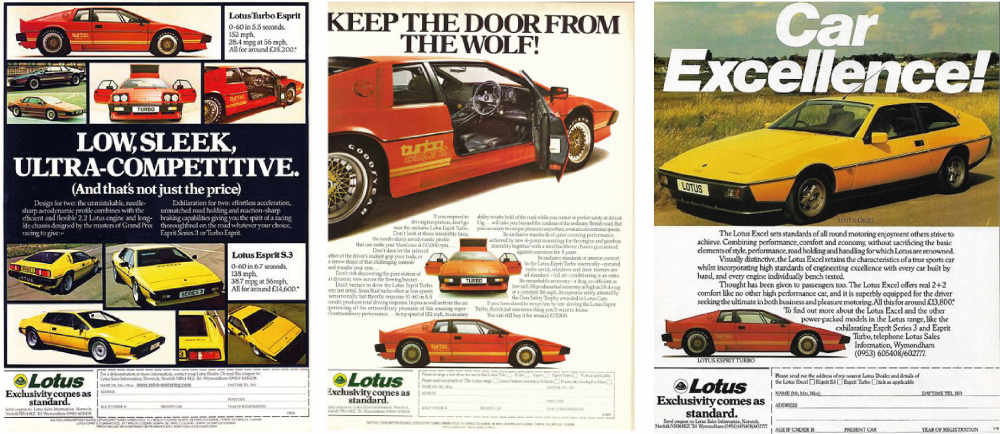NPS scores may not be honest
There are times when you won’t get honest NPS scores (Net Promoter Score) in response to the standard question. That question is usually:
“On a scale from 1 to 10, how likely are you to recommend us to a colleague?”
There are at least two situations when you can deliver fantastic value and service and still get a poor score.
NPS scores and channel partners
NPS scores might not be as high as they should be if you’re asking a dealer, reseller or distributor. Dealers don’t want everybody to be able to sell what they sell. A new dealer would be a new competitor. If they’re happy with what you provide them, the last thing they’re going to do is recommend you to somebody else.
Years ago we faced that exact issue when I worked for Kyocera, the printer-copier manufacturer. Unlike Ricoh and Canon dealers, Kyocera dealers didn’t have somebody on their doorstep selling exactly the same equipment. They liked that.
As I write this, we’re working with an electronics manufacturer who is facing the same problem. It’s one of those situations where the needs of the manufacturer conflict with the needs of its distribution partners.
- The manufacturer wants lots of resellers promoting its products to end users.
- The resellers want to retain their exclusivity. It’s an edge that sets them apart from their competitors.
These resellers don’t want to encourage other companies to use the same manufacturer. They might not give you high NPS scores because it’s against their business interests.
NPS scores and exclusive products
The second situation is where NPS scores might be suppressed is when a product’s exclusivity is one of its selling points. If you like a product because it’s rare, you don’t want everybody else to have one. You don’t want to recommend it.
I’m an old enough petrol head to remember Lotus’s adverts from the 1970s and 1980s. Their strapline was always “Exclusivity Comes As Standard.” I often wondered if that was somewhat tongue in cheek, making a virtue out of their inability to sell more cars. Even if Lotus weren’t trying to be ironic, they were being accurate. When you drove a Lotus, you’d never see another one.
If people covet exclusivity, they may hesitate to recommend their beloved possession to other people. They may not give it the NPS score it deserves.
Tweaking the NPS question
You need to make some slight alterations to the standard NPS question to get around these artificially low NPS scores.
The safest option is to drop any mention of ‘recommend to a friend or colleague’. Focus instead on the quality of the product or service. This would make your question:
“On a scale of 1 to 10, how would you rate our product?”
It’s not perfect but, with NPS, very few things are.
Your next steps
If you’re already planning a customer survey, add a standard or tweaked NPS question to it. Even if it’s not the most important thing you want to find out, a positive NPS score can be a useful promotional weapon. If your business is goverened by ISO 9001, you’ll have to show that you do some sort of customer survey. NPS is a good way to both tick that box and gain some useful insight at the same time.
If you weren’t planning a customer survey, investigate ways to automatically email an NPS question to some of your customers. You’ll need a way of automating the process in either your accounts, CRM or marketing automation systems. Like all automations, this can be tricky to setup but it pays dividends in the long-run.
If you want help with NPS or general market research, call us or send us an email. We’re surprisingly friendly.
Remember, Forbes Baxter Associates is a marketing development agency so we develop your in-house marketing skills while we help you grow your business.


